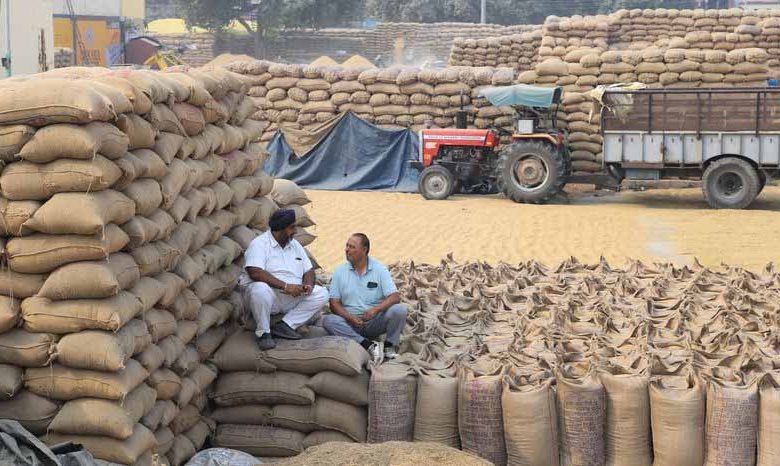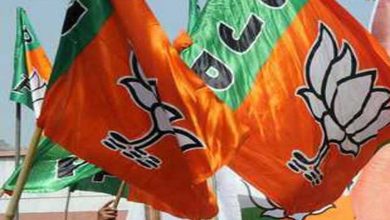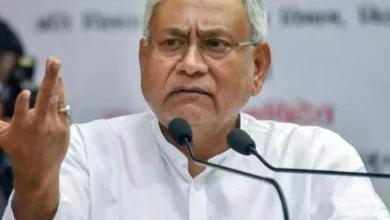Punjab: Government formally rejects draft agriculture policy

Punjab: The state government today rejected the draft National Policy Framework on Agricultural Marketing, saying it is an attempt to bring back the controversial provisions of the three farm laws that were repealed in 2021 after a year-long agitation by farmers. Rejecting the policy, the state government in its reply to drafting committee convenor SK Singh has also said that agriculture is a state subject under Entry 28 of List II of the Seventh Schedule of the Constitution of India. The official letter sent by the Punjab government said, “The Government of India should not formulate any such policy and should leave it to the discretion of the states to formulate appropriate policies on the subject according to their concerns and requirements.” The government’s move comes on a day when the “Kisan Mahapanchayat” organised by SKM in Moga not only rejected the policy but also called for unity among all farmer unions like the unity forged in 2020 to launch a united and successful protest against the three farm laws. The central government had sent the draft policy to the state government on November 25 last year, asking for comments by December 15. Since the draft policy had several controversial provisions, the state government had sought additional time to respond. The state government, which was given time till January 10 to send a response, consulted farmers, agriculture experts and commission agents to discuss the policy. In its response, it has also pointed out that the minimum support price (MSP) for crops is the most important thing in agricultural marketing for Punjab farmers, but the policy is silent on it. It has also been pointed out that a lot of emphasis is being laid on promoting private agricultural markets and weakening agricultural produce market committees to make them irrelevant, but Punjab will not allow this to happen as it has a dense network of mandis that are serving farmers well. Objections have also been raised to the capping of market fee at 2 per cent for non-perishables and 1 per cent for perishables, saying this will hamper the state’s efforts to maintain mandis and rural infrastructure. Objections have also been raised to the draft policy’s proposal to promote contract farming, declaring private silos as open markets for direct purchase of grain, and fixing commission fee at 4 per cent for perishables and 2 per cent for non-perishables.





